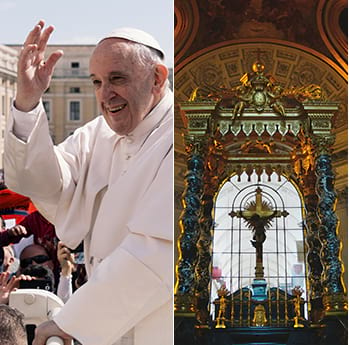Born 200 years ago in New York, the American poet Walter “Walt” Whitman (1819-1892), made his debut at the end of June 1855 with Leaves of Grass. This was the same year that the Italian poet Giovanni Pascoli was born, and the year Giosuè Carducci’s New Rhymes, and Charles Baudelaire’s Les Fleurs du mal were being composed. That same year, Whitman wrote: “The Americans of all nations at any time upon the earth have probably the fullest poetical nature. The United States themselves are essentially the greatest poem. […] Here at last is something in the doings of man that corresponds with the broadcast doings of the day and night.”[1]
Upon first reading, this prose could convey the idea of a patriotic pride spoiled by rhetorical emphasis. Where is the silent and pensive intensity characteristic of great poetry? Where is the drama of a restless conscience that finds poetry in its nuances? There is nothing of this in Whitman, and indeed, shortly after the release of the final edition of Leaves of Grass (1892), there were those in Italy who declared that the “dynamic freshness” of his verses was able to free “our asthmatic and consumptive poetry” from the “rancid, musty and stale heat” and to infuse a little blood into it.[2]
A poem as immense as a land
Whitman sings America – for the poet, without qualms, the United States was America – and knows that this nation’s life “awaits the gigantic and generous treatment worthy of it.”[3]
This article is reserved for paid subscribers. Please subscribe to continue reading this article
Subscribe
Welcome to
La Civiltà Cattolica !
This article is reserved for paid subscribers
Please login or subscribe to continue reading this article
























